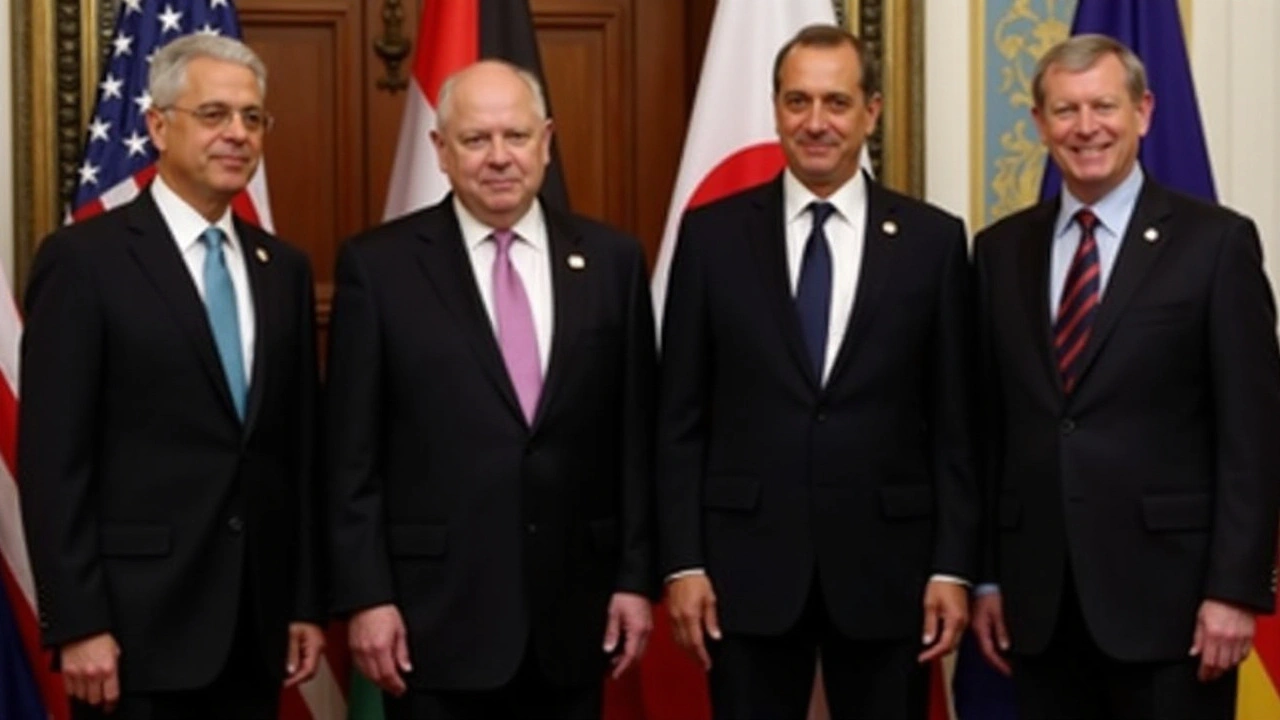BRICS: What’s Happening in the Emerging Powers Group?
If you keep an eye on global shifts, you’ve probably heard of BRICS—the group comprising Brazil, Russia, India, China, and South Africa. These countries play a powerful role in shaping the world economy and politics. But what's new with BRICS lately? This page brings you fresh updates and insights about their latest moves and impacts.
Why Care About BRICS?
BRICS nations together represent a huge part of the world’s population and economy, so their decisions affect us all. Whether it's trade deals, technology investments, or political alignments, what happens in BRICS can change markets, influence policies, and shift global power balances. Following their news helps you understand these changes without needing to sift through tons of reports.
Recent Stories and Developments
From technology partnerships in Africa to political reforms and economic shake-ups, BRICS countries are buzzing with activity. For example, Kenya is stepping up as a tech hub with new AI-ready data centers, improving infrastructure for smarter business tools. Meanwhile, South Africa continues to navigate challenges and growth opportunities in the global arena.
Also, political milestones in Nigeria, part of the BRICS-associated nations, show how reforms can have wide-reaching effects, like stabilizing currency markets and expanding social programs for millions.
Keeping up with these stories helps you see how emerging markets innovate and react to global pressures. For businesses, students, or anyone curious, knowing what BRICS is doing offers clues about future trends and opportunities worldwide.
Want to keep tabs on BRICS news and understand how these countries shape our world? Check here regularly for updates on their economy, politics, and more.

Trump's Concern about BRICS Currency Replaced by Real Challenges
Donald Trump's warning to BRICS nations about creating a new currency may be premature as the economic and political challenges among Brazil, Russia, India, China, and South Africa deter such a move. With vast economic and geopolitical disparities, as well as reliance on existing financial structures, the dream of a BRICS currency remains a distant reality despite interest from leaders like Vladimir Putin and Luiz Inacio Lula da Silva.